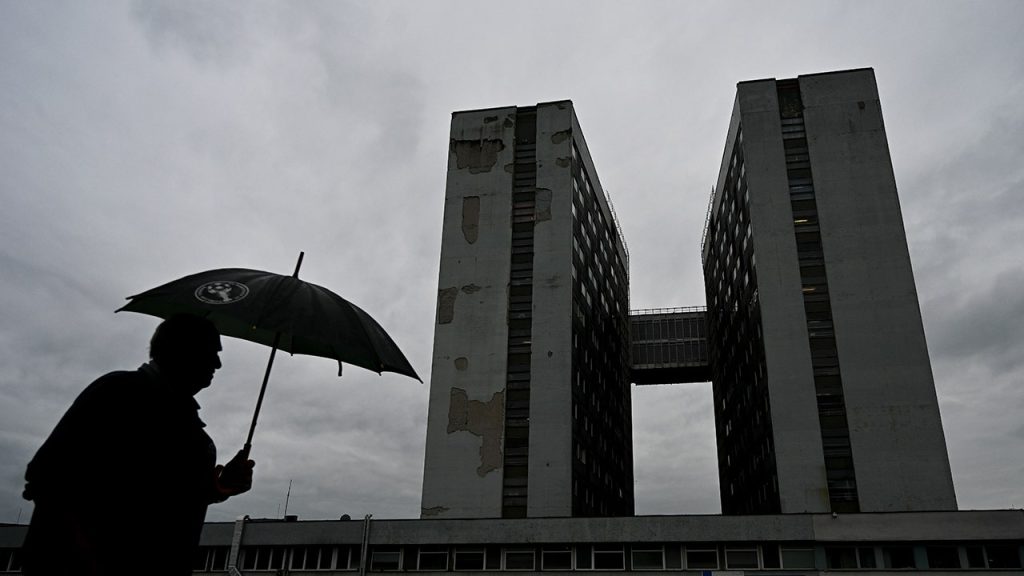Slovak Prime Minister Robert Fico was shot multiple times and remains in serious condition after undergoing surgery at the University F. D. Roosevelt hospital in Banska Bystrica. The suspected assailant has been arrested, and Fico’s condition is described as “very serious.” Defense Minister Robert Kaliniak stated that the government continues to work despite the attack, with ministries carrying out their duties and the state remaining stable. World leaders have condemned the attack and offered support for Fico and Slovakia, including a letter from Pope Francis to President Zuzana Čaputová expressing prayers for the Prime Minister’s recovery.
The man charged with attempting to assassinate Fico has been escorted by police to his home, reportedly as part of a search for evidence. The suspect remains unidentified, and prosecutors have instructed police not to release further details about the case. Unconfirmed reports suggest that the suspect is a 71-year-old retired amateur poet, but his motive remains unclear. The attack has been deemed politically motivated, although the suspect is said to have no affiliations with any political groups.
Slovakia’s presidential office has announced plans to organize a meeting of leaders of all parliamentary parties in an effort to reduce social tensions in the country following the attack on Fico. President-elect Peter Pellegrini will succeed Čaputová in mid-June, and both leaders hope to promote unity and peaceful dialogue among political factions. Fico’s government has faced criticism for halting arms deliveries to Ukraine and attempting to overhaul public broadcasting, which opponents fear will lead to increased government control and decreased media freedom.
Before Fico returned to power, many of his associates were the subject of police investigations, leading to concerns about corruption and organized crime. Fico’s plan to eliminate the office of the special prosecutor, responsible for addressing these issues, has raised further alarm among critics. Thousands of demonstrators have protested against Fico’s policies, with concerns about the potential for a more autocratic government under his leadership. Fico himself has expressed worries about rising tensions in the country, blaming the media for exacerbating divisions.
The attack on Prime Minister Robert Fico has sparked concerns about the future direction of Slovakia, particularly regarding its alignment with Western values and its democracy. Fico’s pro-Russia, anti-American platform has led to fears among EU and NATO members that Slovakia may deviate from its pro-Western course, especially in relation to Ukraine. Despite the instability caused by the attack, the government reassures the public that the state remains stable and fully functional. The long-term implications of the assassination attempt on Fico’s leadership and Slovakia’s political landscape will depend on the ongoing investigation and the country’s response to the incident.













